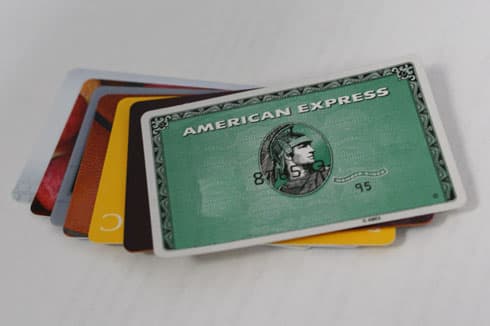RushCard
- Review the pluses and minuses of the RushCard.
- Understand that the RushCard comes with high fees.
- Examine how the RushCard affects your credit.
How does the RushCard prepaid Visa debit card work?
The RushCard is a prepaid Visa USA debit card that was developed by Russell Simmons, an American entrepreneur and founder of the Def Jam recording label. First issued in 2003, the RushCard was one of the first pre-paid debit cards. It is primarily designed to benefit consumers that do not have access to a standard credit card or banking services. It also is an alternative to check-cashing companies, for those without a bank account. The RushCard offers some features and conveniences that can help someone with no other credit options, but there are costs for using the card. Therefore, it is prudent to examine the pros and cons of the RushCard before a person decides to apply for one.
RushCard Pluses
RushCard is a prepaid Visa debit card. It is not a credit card. You can only spend what you deposit; you cannot run up any debt using your RushCard. You can add money to your card in a variety of ways, including direct deposit and using PayPal. You can also make an in-person deposit at one of the more than 40,000 MoneyGram locations in the USA.
The RushCard is a Visa debit card, so it can be used anywhere that a Visa card is accepted. You can use it to shop, make ATM withdrawals, or make online purchases, or to pay bills. Each time you make a purchase, that amount is automatically deducted from your RushCard balance.
One advantage of the RushCard is that there are no costly overdraft or interest fees. Your use of the card is restricted by the amount of money that you deposit onto the card. When you use your RushCard you never have to be concerned about running up debt, paying high interest, or being hit with charges for overdrawing your account. It can help you stick to a budget. It may also be a good way for parents to control and track the spending of a college student.
Impact on Credit Score
The RushCard presents itself as a way that a person can build his or her credit score. The RushCard Web site states, “When you enroll in our FREE RushPath to Credit and make recurring deposits and payments using your RushCard, your transaction information will be reported to participating consumer credit reporting agencies.” What this sentence does not make clear (but which is pointed out on the Web site) is that the "participating consumer credit reporting agencies" to which RushCard reports, LexisNexis and PRBC, are not the main three credit reporting agencies that most lenders use (Equifax, Experian, and TransUnion), when determining whether or not to offer you credit. While you will be building a positive credit history, it will have a limited benefit; it only helps you with the very small percentage of lenders who use LexisNexis and PRBC to make their credit-granting decisions.
Costs are High
The biggest drawback to the RushCard is its costs. There are two different RushCard plans to choose from, a monthly plan and a "pay as you go" plan. The fee structure for the two plans is different, but both plans have significant costs. There is a fee for activating your card. There are fees for using an ATM to withdraw cash and fees for simply making a balance inquiry. There are fees for getting a statement and for account maintenance. There are fees for paying bills with your card. You also pay a fee each time you use your card to make a purchase. To its credit, the RushCard site has a list of all the fees it charges; it does not hit you with hidden fees. Still, when you total all the fees, they can be costly, especially when compared to some other alternatives available to consumers, even those with poor or no credit history. For instance, consumers may be better served by getting a secured credit card that reports to the three main credit bureaus over a pre-paid debit card.

I suggest that you lodge a complaint with Rush Card, asking them to explain clearly their policies.